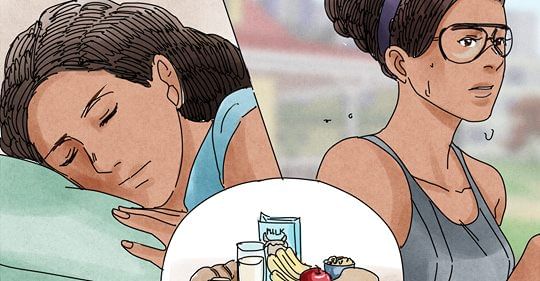How to Know if You Have Depression?
Pay attention to your emotions and moods. Depression is a medical condition that prevents the brain from regulating its emotions. Everyone feels down occasionally, but people suffering from depression frequently experience certain emotions or a combination of them. If you experience these emotions, or if they prevent you from functioning in your everyday life, then it is important to seek help. Some emotions you might feel if you are depressed include:
- Sadness. Are you often sad or low-spirited?
- Emptiness or numbness. Do you feel as though you have no emotions at all, or have trouble feeling anything?
- Hopelessness. Have you felt tempted to "give up", or had trouble imagining any improvement? Have you become more of a pessimist since you began suspecting depression?
- Guilt. Do you often feel guilty for little or no reason? Do these feelings stay with you and interfere with your ability to concentrate or enjoy yourself?
- Worthlessness. Do you have a low sense of self-worth?
- Irritability. Have you been snapping at people or getting into arguments without good reason? A short temper is another example of a mood change sometimes caused by depression, especially among men and teenagers.
- Low energy. Do you often feel tired, unable to perform routine tasks or concentrate, and prone to avoiding active motion?
- Indecisiveness. Do you have difficulty making minor decisions? Does attempting to make decisions make you feel overwhelmed and hopeless?
Watch for a desire to withdraw or isolate from friends and family. People who suffer from depression often stop spending time with friends, or lose interest in other things they used to enjoy. This is because they have a desire to isolate themselves or withdraw from their usual activities. Consider your desire to withdraw or isolate from people and how your social life and daily activities have changed in the past few months or over the past year.
- Make a list of the activities you regularly participated in before you started feeling worse, and estimate how often you did each one. Over the next couple weeks, make a note whenever you do one of these activities and see if your rate has significantly decreased.
Identify any suicidal thoughts. If you have thought about hurting yourself or even killing yourself, then it is important to seek immediate medical attention. Call emergency services right away, such as by dialing 911 in the US. Some other indications of suicidal tendencies include:
- Fantasizing about hurting or killing yourself.
- Giving away belongings and/or putting your affairs in order.
- Saying a final goodbye to people.
- Feeling like you are trapped or that there is no hope.
- Saying or thinking things like, “I would be better off dead,” or “People would be happier without me around.”
- Making a quick transition from feeling hopeless and depressed to feeling happy and calm.



+1.svg)
